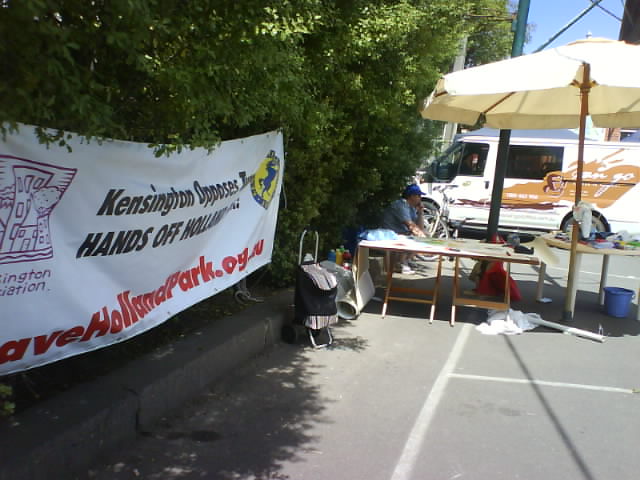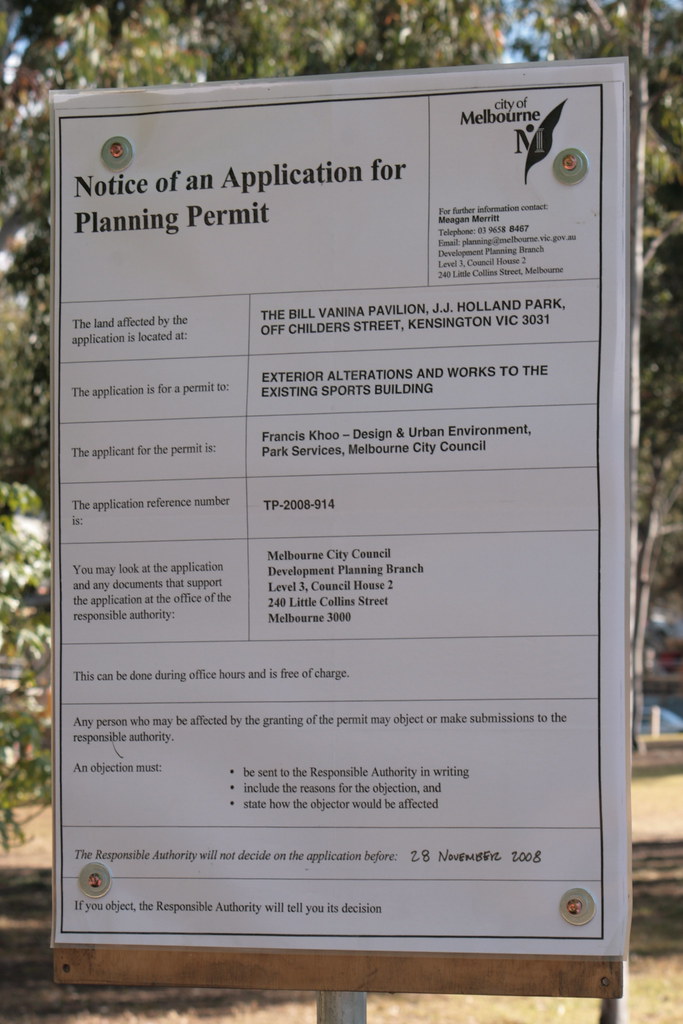TRANSPORT is the new health. The transport portfolio has become the hottest potato on the state cabinet table. Angry train commuters kept waiting on stations have replaced frustrated hospital patients kept waiting on trolleys as the staple nightly news item that serves as a reminder all in Victoria is not working as well as it should.
It is no coincidence that the highest profile shadow cabinet minister is the Liberal Opposition's transport spokesman, Terry Mulder, whereas in the final years of the Kennett government it was the Labor opposition's health spokesman, John Thwaites. Mulder is, and Thwaites was, a talented and conscientious politician, but they've had plenty of material with which to embarrass the government of the day.
It is also no coincidence that the transport portfolio, traditionally the task of one minister, is now split between two. Peter Batchelor struggled with the task for the first seven years of this Government. Then Steve Bracks gave the public transport component to senior minister Lynne Kosky and roads and ports to his trusted former chief of staff Tim Pallas. They've struggled too.
It is no surprise that the latest Age/Nielsen poll shows a big majority of voters giving the Bracks/Brumby Government the thumbs down on public transport. The poll, taken this month and published this week, found 61 per cent of those surveyed were dissatisfied (including 27 per cent "very" dissatisfied) and only 27 per cent satisfied (including just 2 per cent "very" satisfied).
Even among Labor voters, fully 54 per cent declared themselves dissatisfied or very dissatisfied with their Government's performance on public transport.
Nor has it escaped the attention of either side of politics that transport woes can be even more politically damaging for an incumbent government than health woes, for the simple reason that most voters will see the inside of a busy hospital rarely, whereas most will take their chances on the congested roads and/or trains daily.
If this is a political crisis, it's been a long time coming. When The Age published a series in 2005 on public transport called "Off the rails", Bracks was stung. Cabinet was on to the problem, he insisted. Indeed, a cabinet sub-committee had been working for months on a transport and liveability policy statement, which would cater for the city's population boom and deal with not just public transport but roads and ports.
That statement was duly delivered in May 2006, under the title "Meeting our transport challenges". In the glossy documentation, Bracks talked about "our vision of a world-class transport network". Here was an "action blueprint" for "an ongoing program of transport projects over the next 25 years". "Victoria's transport system is in good shape," he declared. "But as our population grows and our lifestyles and work patterns change, we must make sure that our transport system keeps up with our travel needs."
Clearly, the Bracks statement failed on this score. That's not the verdict only from the clogged streets and railway carriages of Melbourne, it's also implicitly acknowledged around the cabinet table at Treasury Place. So, 2½ years later, Bracks' successor, John Brumby, is about to do it all again.
And guess what? Brumby wants you to know cabinet is on to the problem. Indeed, a cabinet sub-committee has been working for months on a transport and liveability policy statement designed to cater for the city's population boom and deal with not just public transport but roads and ports. (Incidentally, Brumby has been a key member of both cabinet sub-committees.)
The Brumby statement will be delivered within days. You can be sure it, too, will be accompanied by glossy documentation and sweeping rhetoric. Brumby is already talking about a "transformational" plan that will hasten the evolution of what is basically still a suburban transport system into a modern, metro-style network. Expect to hear that your Government is planning not just for the short term but for future generations.
The starting point for the Brumby plan is Sir Rod Eddington's report, commissioned by Bracks in 2006 and delivered to Brumby in April this year. Eddington, who has a gift for diplomatic language, is more forgiving of the performance of our state politicians on transport than many commuters might be.
"Victoria has been well served over a 15-year period," he told a business audience in Melbourne on Tuesday. "When you compare our infrastructure with the infrastructure of many cities in the world, we're in good shape." But he added this warning: "We will only enjoy the title of 'the world's most liveable city' if we continue to make smart investments in infrastructure."
That was the message in his report, too. "Doing nothing is not an option," Eddington wrote. "A failure to take action will undermine Melbourne's future prosperity and reduce the benefits being generated by the city's growth and development."
There's no chance of Brumby doing nothing. Indeed, he is expected to commit to most — although not all — of Eddington's major recommendations. Expect Brumby to promise a rail line from Werribee to Sunshine — the so-called Tarneit link. Expect him to commit to a 17-kilometre "Melbourne metro" rail tunnel from Footscray to Caulfield via the CBD and St Kilda Road (but watch for a long time lag). Expect at least the western bit of Eddington's proposed east-west road tunnel to get the go-ahead, pending business cases, environmental studies and funding deals with the private sector and/or Canberra. And expect lots of new bus routes and bike paths across the suburbs and into town.
It will indeed be a big plan — bigger than Bracks' — for a big city. But the big trouble for Labor is that an obvious and potentially effective political response is available to the Opposition. It can embrace whichever parts of the plan win community support, while making the point that it would have been good if Labor had got around to it much earlier. In other words, the Opposition will be able to say to voters: if you like Brumby's transport plan, it doesn't matter whether you vote for us or Labor, because both sides will implement it; but if you want to punish anyone for allowing Melbourne's transport system to become so clogged, the decade-old Government should be your target.
The politics of transport are about to become still more intense.
Paul Austin is state political editor.
Read the original article in TheAge.com.au

























